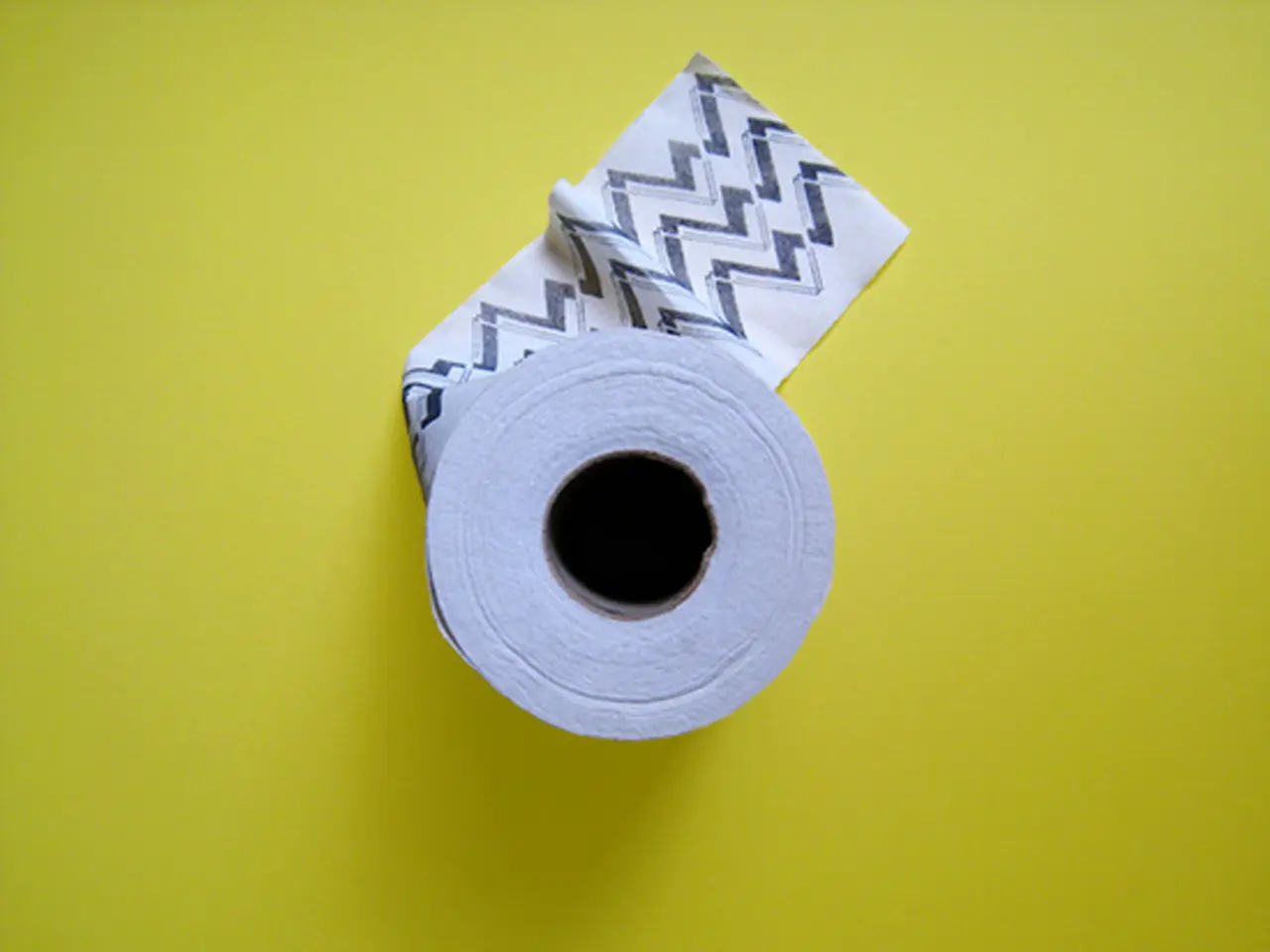Advancement in tissue engineering with the introduction of 'form recall' material promoting tissue development
3D-Printed Tissue Scaffolds Promote Harmless and Effective Tissue Regeneration
A groundbreaking research breakthrough has been made in the field of biomaterials, as a new type of 3D-printed tissue scaffold has been developed that degrades harmlessly while promoting tissue regeneration.
The innovative scaffolds, developed by Professor Andrew Dove and his team at the University of Birmingham and Warwick University, have shown promising tissue-healing performance. They support cell migration, tissue ingrowth, and revascularisation, making them a significant step forward in the field of tissue engineering.
The scaffolds, commercialised under the tradename 4Degra™ by 4D Biomaterials, a spinout from University of Birmingham Enterprise and Warwick Innovations, are created using 3D printing resin 'inks' developed during a major biomaterials research program led by Professor Dove.
4D Biomaterials, a company founded by a team of world-class chemists and engineers, aims to collaborate with innovative companies in Europe and North America to develop a new generation of 3D-printed medical devices. The company offers technical grade material for commercial supply to 3D printing companies and medical device manufacturers.
The scaffolds degrade by surface erosion into non-acidic products, allowing for slow, continuous tissue infiltration. They have several major advantages over current approaches, including sufficient elasticity, compatibility with tissues, non-toxic biodegradation, and the ability to conform to irregular spaces.
The scaffolds were tested in a mouse model that simulates implantation into adipose (fat) tissue, showing infiltration of adipocytes and fibroblasts, vascularisation, and normal tissue restoration.
Research published today in the prestigious journal Nature Communications highlights the viability of these 3D-printed tissue scaffolds. The research paper titled "4D Polycarbonates via Stereolithography as Scaffolds for Soft Tissue Repair" provides detailed insights into the development and testing of these innovative scaffolds.
For commercial or investment inquiries, contact Philip Smith at 4D Biomaterials, email [email protected]. For media inquiries, contact Tony Moran at the University of Birmingham, email [email protected] or +44 (0) 7827 832312.
It's worth noting that the University of Birmingham Enterprise helps researchers turn their ideas into new services, products, and enterprises, while Warwick Innovations is the knowledge exchange and commercialization arm of the University of Warwick, providing support services and funding to academic innovators.
With over 6,500 international students from more than 150 countries studying at the University of Birmingham, the institution is ranked amongst the world's top 100 institutions. This research breakthrough further cements its reputation as a hub for groundbreaking research and innovation.








